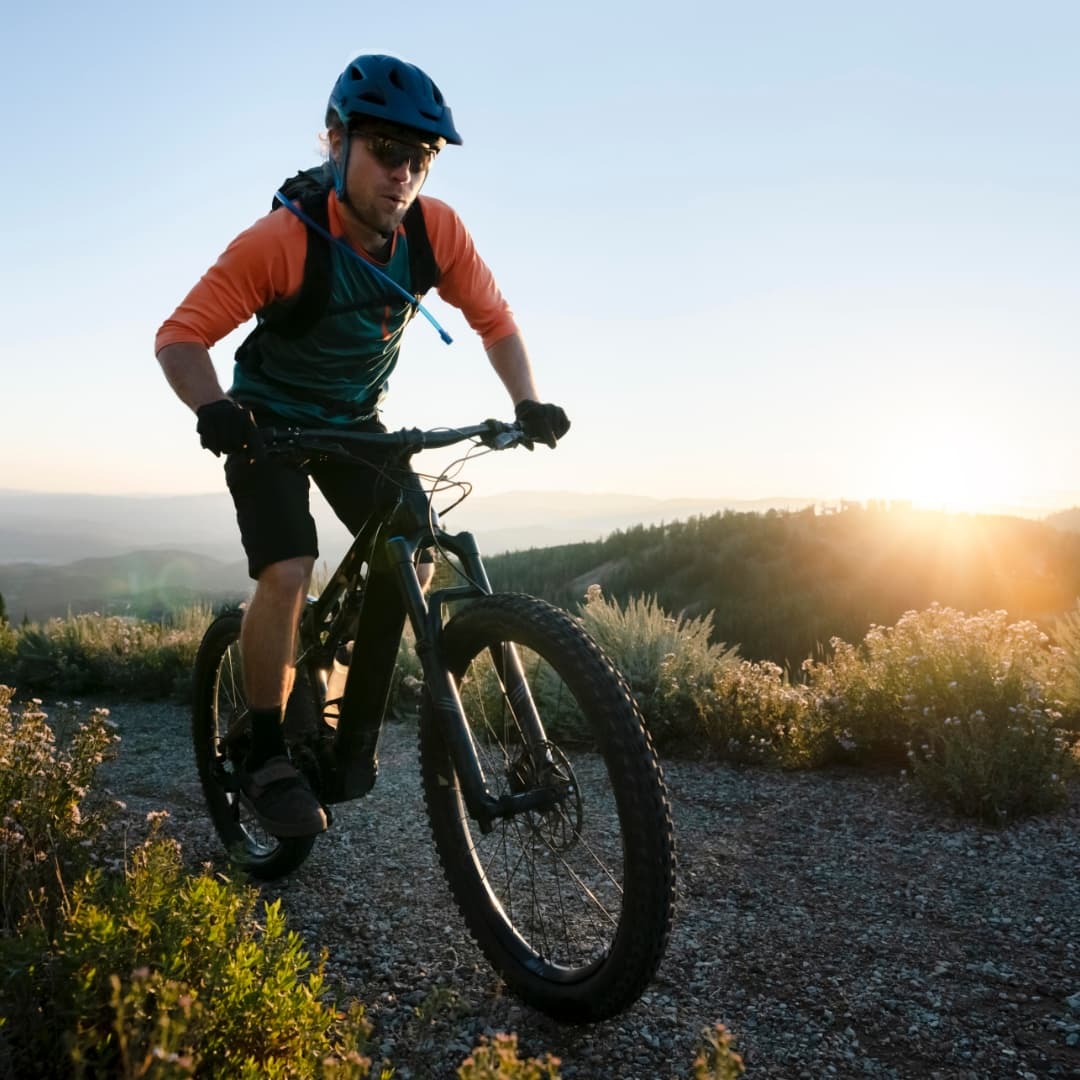Jenson USA Sees +8.5% RPV With Bloomreach Engagement and Discovery

With more than 25 years of history, Jenson USA is America's leading online bicycle retailer. The independent, rider-owned business sells bikes, bike parts, apparel, and accessories.
Jenson’s hope is for all of its customers to find the latest gear all in one place. To ensure its success, the company needed to approach its customers as individuals.
The Challenge
The team at Jenson had recently re-escalated its focus on personalization. The popular online retailer wanted to move away from manual data analyses and unscalable personalization, while increasing its conversion rates.
They also wanted to concentrate on the differences between customer segments, which consisted of various types of bikers, e.g. mountain bikers and road bikers. At the time, Jenson was unable to provide a personalized search experience based on these customer segments. Yet, the company saw immediate potential in improving its search experience, which would impact its bottom line compared to use cases with a narrower reach.
Our catalog is 30,000+ and there’s always room to improve on site search. That’s the number one thing we can do to benefit the customer journey and to improve conversion

The Solution
With support from Bloomreach, the team at Jenson identified both distinct customer segments and a set of criteria to bucket visitors. Thanks to the flexibility of Bloomreach Engagement and the power of our customer data engine, setting up custom segmentation that updates based on in-session behavior was simple.
Once the segmentation was integrated with Bloomreach Discovery, the search engine could best optimize results for its end users and give the Jenson team a deeper understanding of its site visitors.
Finally, Bloomreach partnered with Jenson to develop a methodology to effectively evaluate the results. The goal was to gain a clear understanding of how the search experience would differ across segments.
The Results
With the engine understanding the difference between customer segments at the level of products they were interested in, the first qualitative results showed promise. With that, everyone waited patiently for the numbers to roll in. While the conversion rate uplift was surprisingly slight, there was an 8.5% improvement in revenue per visitor, thanks to a significant increase in the average order value (AOV).
These results surpassed everyone’s expectations and remained consistent after more than 8 weeks of observation between November and January. Interestingly, the impact was a 26% increase in revenue per visitor on mobile devices. This meant, there was a higher impact in showing more relevant results with a lower number of products on smaller screens.




